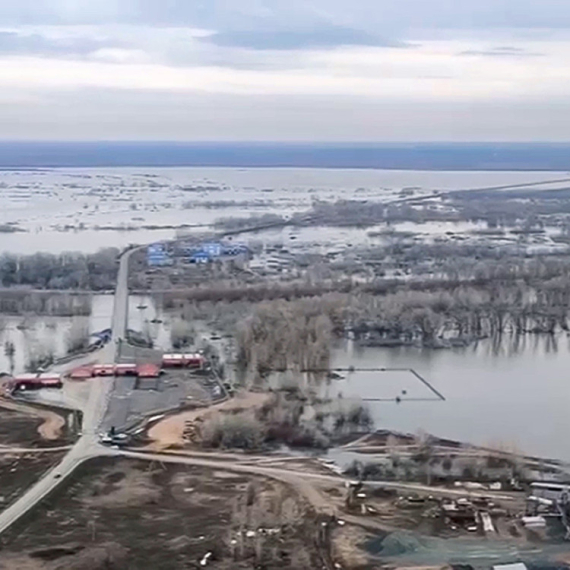U.S. banks prepare for eurozone break-up
The U.S. banks are preparing for the eurozone breakup and are trying to protect their investments in the EU, British media have reported.
Friday, 10.08.2012.
16:33

LONDON The U.S. banks are preparing for the eurozone breakup and are trying to protect their investments in the EU, British media have reported. The Wall Street banks are preparing for the potential exit of countries from the eurozone. They are therefore reducing the number of loans in the eurozone and are trying to protect themselves from receiving payments in a devalued drachma or peseta, the media pointed out. U.S. banks prepare for eurozone break-up The U.S. banks are now trying to switch their credit agreements with European companies to the English law that would allow them to protect their investments if the eurozone collapsed. Europe is currently facing a choice. The first option is to deepen the integration but the financial sovereignty will be sacrificed in that case. The EU Central Bank would then become a real bank and it would not have to request the governments’ permission to act. The second option is that the crisis would be deepened and unemployment would rise if the eurozone members returned to their national currencies. “An epoch of protectionism, similar to the one from the 1930s, will come,” Russian Institute of Economics Director Ruslan Grinberg claims. He believes that chances are slim that the eurozone will collapse. “The euro crisis was caused by the ‘fathers’ of this really great idea who ignored the fact that the states of the continent were on different levels of development and that they were historically quite different. They have different ‘mechanisms’ of the economic life. Wellbeing in the EU member states is also on different levels. All that could have been taken into account when euro was introduced and the financial policy could have been adequately corrected. This was not done. A turbulent economic growth followed in all states but they remained different. This is a very important moment. The development went exactly like this some ten years before the crisis. And now that the crisis is here all the states need to deal with it somehow. The issue of debts has come up. Someone’s debts are smaller, someone’s are bigger. Greece was simply weaker than others,” Grinberg explained. “For example, I believe that rational proposals will win. And peace will then come to the currency markets. Advantages given to the countries that entered the eurozone will then be reassessed in accordance with their merits. But if an irrational idea won and Greece left the eurozone and it started falling apart, it would be bad for everybody, regardless of whether the country would join the eurozone or not. However, I believe that common sense will win after all. The danger of eurozone breaking up is therefore very small,” the Russian expert concluded. Voice of Russia
U.S. banks prepare for eurozone break-up
The U.S. banks are now trying to switch their credit agreements with European companies to the English law that would allow them to protect their investments if the eurozone collapsed.Europe is currently facing a choice. The first option is to deepen the integration but the financial sovereignty will be sacrificed in that case. The EU Central Bank would then become a real bank and it would not have to request the governments’ permission to act.
The second option is that the crisis would be deepened and unemployment would rise if the eurozone members returned to their national currencies.
“An epoch of protectionism, similar to the one from the 1930s, will come,” Russian Institute of Economics Director Ruslan Grinberg claims.
He believes that chances are slim that the eurozone will collapse.
“The euro crisis was caused by the ‘fathers’ of this really great idea who ignored the fact that the states of the continent were on different levels of development and that they were historically quite different. They have different ‘mechanisms’ of the economic life. Wellbeing in the EU member states is also on different levels. All that could have been taken into account when euro was introduced and the financial policy could have been adequately corrected. This was not done. A turbulent economic growth followed in all states but they remained different. This is a very important moment. The development went exactly like this some ten years before the crisis. And now that the crisis is here all the states need to deal with it somehow. The issue of debts has come up. Someone’s debts are smaller, someone’s are bigger. Greece was simply weaker than others,” Grinberg explained.
“For example, I believe that rational proposals will win. And peace will then come to the currency markets. Advantages given to the countries that entered the eurozone will then be reassessed in accordance with their merits. But if an irrational idea won and Greece left the eurozone and it started falling apart, it would be bad for everybody, regardless of whether the country would join the eurozone or not. However, I believe that common sense will win after all. The danger of eurozone breaking up is therefore very small,” the Russian expert concluded.

































Komentari 5
Pogledaj komentare